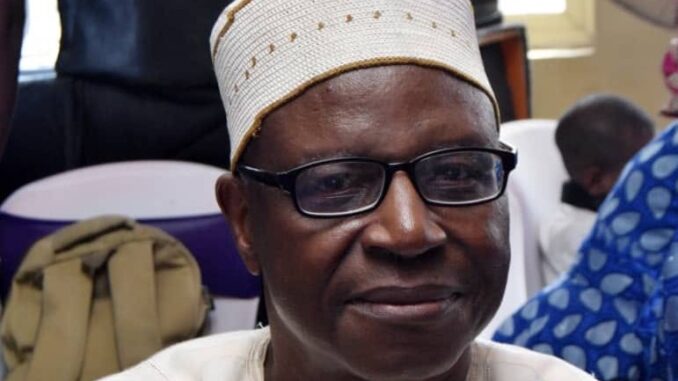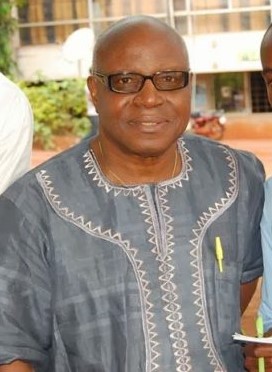
By Dr. Cecil Blake
President Julius Maada Bio of Sierra Leone was apparently left out of the list of invited Heads of State introduced by the newly elected president of Kenya in his inauguration speech recently. In what could be considered an “erratum” (in this instance verbally correcting an error/omission in the inauguration speech), President William S. Ruto offered a public apology. He did not even know how to pronounce the name of President Julius Maada Bio. What he called the latter was really embarrassing. The Kasarani Affair (2022) will remain one of the most embarrassing experiences in inaugural events.
The Karsarani Affair has to be seen above and beyond partisan politics. It embarrassed a head of state occupying the Office of the President — the presidency. The Presidency of Sierra Leone does not belong to any political party. The incumbent occupying the presidency is first and foremost the symbol of the NATION. When s/he is publicly embarrassed, it is the nation that is publicly embarrassed, not the political party of which s/he is a member.
Because of the risks involving the integrity of the presidency within international contexts, the decision of the incumbent to present the presidency of Sierra Leone internationally has to be carefully thought out. The incumbent has to consult with his/her advisers on the need to travel, even if invited, to inaugural events. In this instance, Sierra Leone is not a member of the Preferential Trade Area (PTA). Heads of the State of the PTA diplomatically and otherwise may have to attend the inauguration of a fellow member of the PTA, as would those from a contagious sub-region — Southern Africa Development Community ( SADC). Other countries invited can be properly represented by a designee (Foreign Minister or an Ambassador in the PTA/SADC country, etc.).
Presidential advisers including some cabinet ministers should provide counsel to the president on matters involving what could be considered “non-essential travel”. The president should be willing to listen to, and take the advice of his advisers on such decisions that will have major financial costs for the country on the one hand, and on the other, for security arrangements in the country that the president would be visiting.
Presidents at times don’t initially react positively to advice that may be contrary to their desires. But a seasoned leader would reconsider advice s/he did not initially like, and decide later that the advice was in place resulting in a change of mind. I know that, because as one of his cabinet ministers, I interacted with the Late President Ahmad Tejan Kabba in an advisory capacity for the preparation of some of his speeches, as well as during deliberations at cabinet meetings, and National Security Council meetings. I also have cabinet experiences in which counsel given to him that he was not initially comfortable with, was eventually agreed by him. In short, the president has to listen and accept advice that he may not have wanted to hear.
I do hope that President Julius Maada Bio operates in the manner stated above, because it is hard to understand or rationalize some of the many trips he made. Once again, my take rises above partisan politics. The concern is for the nation — the IMAGE of our country, as presented by the PRESIDENCY.



